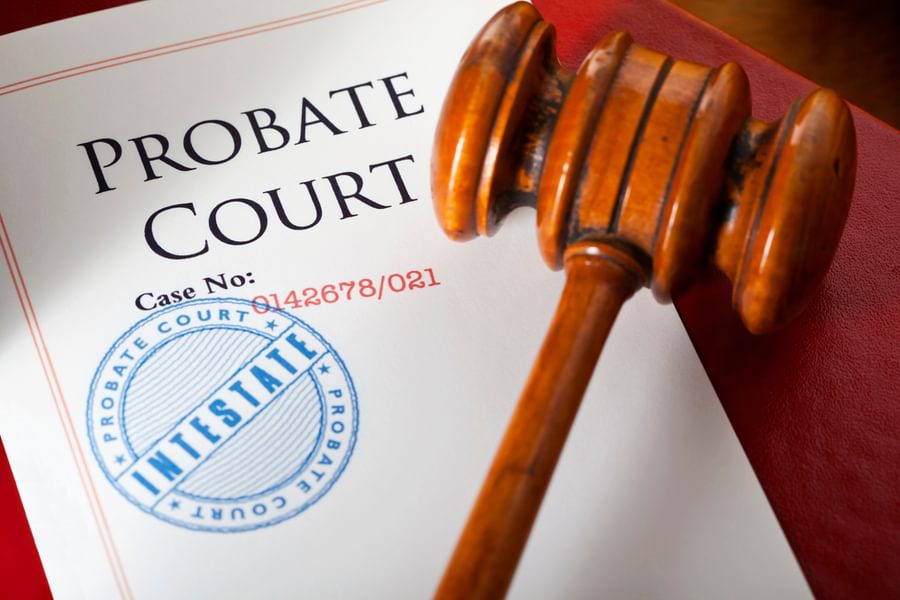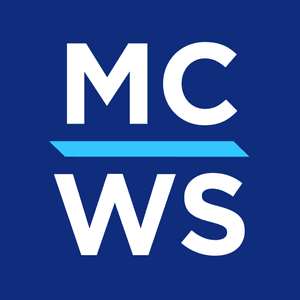
Generally-speaking, any asset with a directly named beneficiary is excluded from the probate process, such as 401(k)s, IRAs, life insurance policies, investment accounts with a transfer-on-death (TOD) registration, and bank accounts with a payable-on-death (POD) registration. In the event one of these account-types fails to name a beneficiary, that account would be transferred through the probate process. There are also key advantages to using a trust to avoid probate. Learn more.
The closing of a door can bring blessed privacy and comfort—the opening, terror. Conversely, the closing of a door can be a sad and final thing—the opening a wonderfully joyous moment.
Andy Rooney
It can be a wonderful feeling to know that you will leave your heirs in a financially comfortable position. Whether that joy and privilege springs from your life’s work, your family’s dynasty, or some combination of these, you may desire to keep that celebration within your family and out of the public eye.
Among motivations for keeping your final financial affairs private could be your desire to:
- Protect your heirs from unwanted attention.
- Protect your heirs from swindlers.
- Give your heirs continued freedom in their healthy relationships.
- Protect other individuals who you care about who could be harmed knowing things about you in the future that they don’t currently know.
- Keep the government out of it.
What is Probate?
When we say, probate, we are referring to the process by which the public Probate Court oversees the settlement of the estate of a deceased person. The court oversees any asset transference governed by a Last Will & Testament (a will). If no will exists, the Probate Court will determine the default path for asset transference for any and all probatable estate assets.
Generally-speaking, any asset with a directly named beneficiary is excluded from the probate process. Examples of assets that would likely have directly named beneficiaries include 401(k)s, IRAs, life insurance policies, investment accounts with a transfer-on-death (TOD) registration, and bank accounts with a payable-on-death (POD) registration, among others. In the event one of these account-types fail to name a beneficiary, that account would be transferred through the probate process.
Why Avoid Probate?
Avoiding probate can also provide several key advantages:
- Enhanced Privacy: Your estate becomes part of the public record in the probate process, and avoiding probate generally makes the wealth transference process private. (See the earlier mention of example motivations behind wanting to keep these matters private.)
- Reducing Stress: Depending upon the complexity of an estate, the probate process can be lengthy, complex, and confusing, adding significant stress during an already difficult time. Avoiding probate can significantly simplify the wealth transference process.
- Reducing Costs: The settlement of complex estates through the probate process can create significant costs in the form of court fees, attorney’s fees, and administrator fees.
Using a Trust to Bypass Probate
While not every situation calls for the use of a trust, making use of a trust to accomplish probate avoidance can achieve all the advantages of probate avoidance noted above. A carefully crafted trust or series of trusts can further enhance benefits in the following ways:
- Enhanced Control: Trusts can offer grantors greater degrees control over not just asset transference, but they may specify exact conditions for distribution of assets or income to your heirs for their own protection.
- Potential Tax Benefits: Certain types of trusts, especially irrevocable trusts, can lower your tax burden by excluding assets from the estate. Note that irrevocable trusts generally require you to relinquish ownership and control of the assets during your lifetime, thus requiring careful planning.
Adding Value to Your Values
Your McKinley Carter service model uniquely centers financial planning on your values, not ours. While we are not licensed estate attorneys and will never write your estate planning documents, we are poised to play a key role in discovering your values and guiding conversations toward estate planning solutions that could meet your planning objectives. Collaboration with your estate planning attorney ensures all pieces are moving together to achieve your values. Implementation and monitoring of your wishes ensure the outcomes you envision are brought to life.
May your journey be marked by the protection of closed doors and joy of opened ones.
